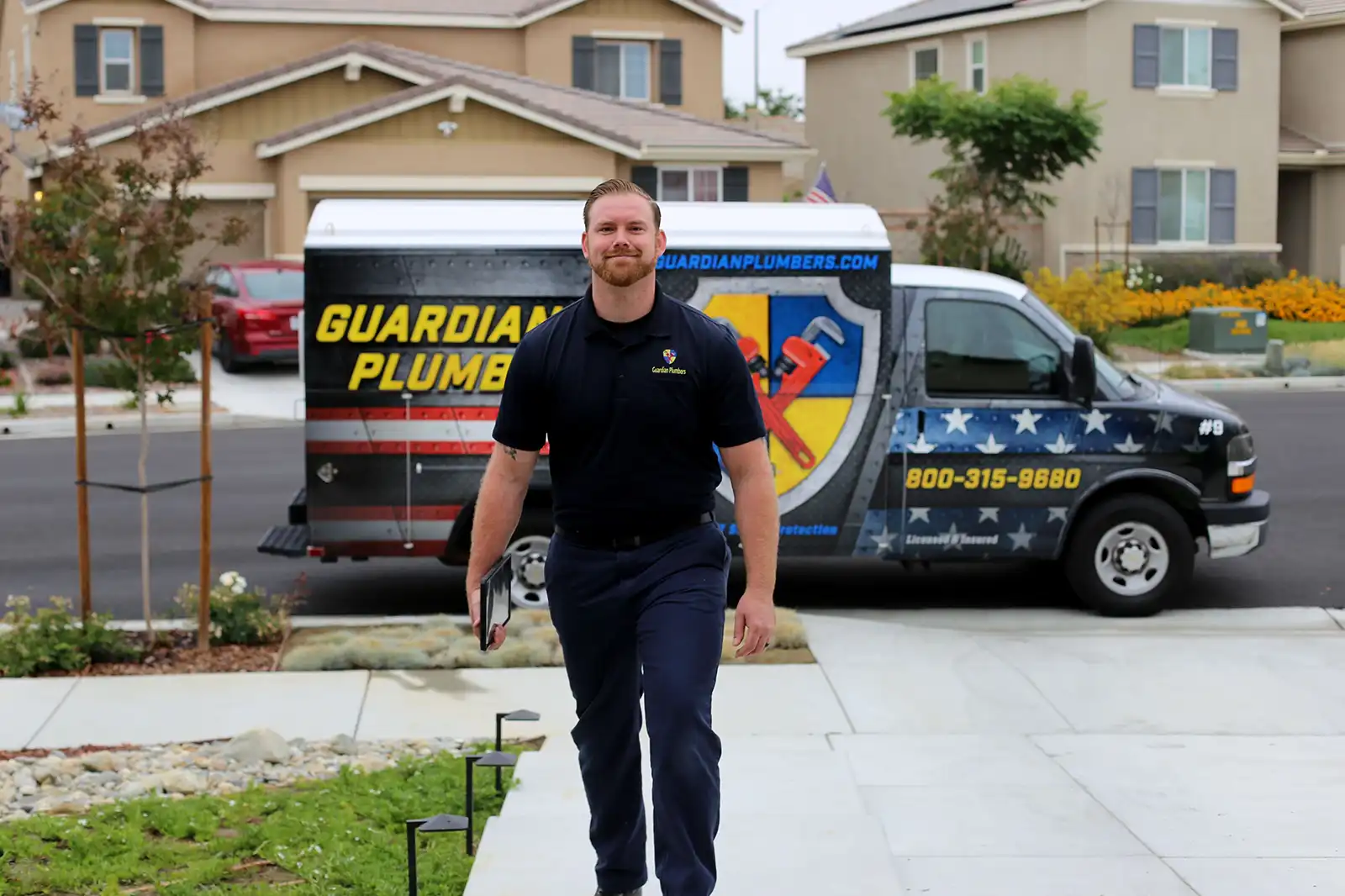Everyone wants a safe and comfortable home, but we all are susceptible to some sort of disaster at some point. One of the most common accidents that can occur in your home is a slab leak. This pesky problem can go unnoticed for a long time, but once detected, it can cause significant problems, such as damage to the foundations or even flooding in extreme cases.
In this blog post, we’ll be discussing the causes of slab leaks, so you can be informed and take preventative measures.

Water Pressure
One of the most common reasons for slab leaks is high water pressure. As water is forced at high speed into your pipes, the pressure can cause weaknesses and cracks in the pipes that can lead to stagnant water spots, especially in areas with high-ground movements. When these stagnant points have been formed, they can rust and corrode your plumbing pipes, which will lead to leaks over time.
Piped-in Water
Another cause of slab leaks in piped-in water is the water quality. Different minerals present in the water can corrode the inner lining of the pipes or cause water spots that weaken the pipes’ overall structure. These pipelines are often located in your house’s foundation, which means that rust and corrosion quickly seep into your home’s foundational components.
Poor Pipe Installation
The installation of pipes in your home is another cause of slab leaks. If pipes are not correctly fitted and secured tightly, it can lead to leaks and water damage over time. Incorrect tubing material size or sloppy welding can cause pipes to eventually move out of place, leading to water leakage or even pipes bursting.
Temperature Changes
Temperature changes, too, can contribute to slab leaks. Your pipelines can contract and stretch out due to temperature changes, placing too much stress on the water pipes. Polybutylene pipes, with their weak structure, don’t withstand temperature changes well, allowing them to start to crack and presenting leaks at several points.
Ground Movement and Soil Conditions
The ground beneath your home can easily cause a slab leak if it moves or falls due to the soil’s composition, which can cause your home’s foundation to shift and, in turn, your water plumbing system to shift too. After some time, the plumbers might split or break, causing a leak.
Conclusion
Now that you know the causes of slab leaks, we hope you have a better understanding of how to spot the telltale signs and take better preventive action to prevent them. Slab leaks are a common household occurrence that can lead to extensive expenses if acted upon late. If you discover any issues with your plumbing system, we advise that you contact fast-certified plumbing specialists to avoid leaking. Remember to maintain an eye out for any signs that suggest a slab leak is developing, much like in any other accident, early detection is essential to avoiding substantial severity.
If you suspect that your home may be at risk of a slab leak, don’t hesitate to contact the experts at Guardian Plumbers. Our highly-trained and certified technicians have the experience to quickly identify and repair any slab leak, giving you peace of mind knowing your home is safe.




